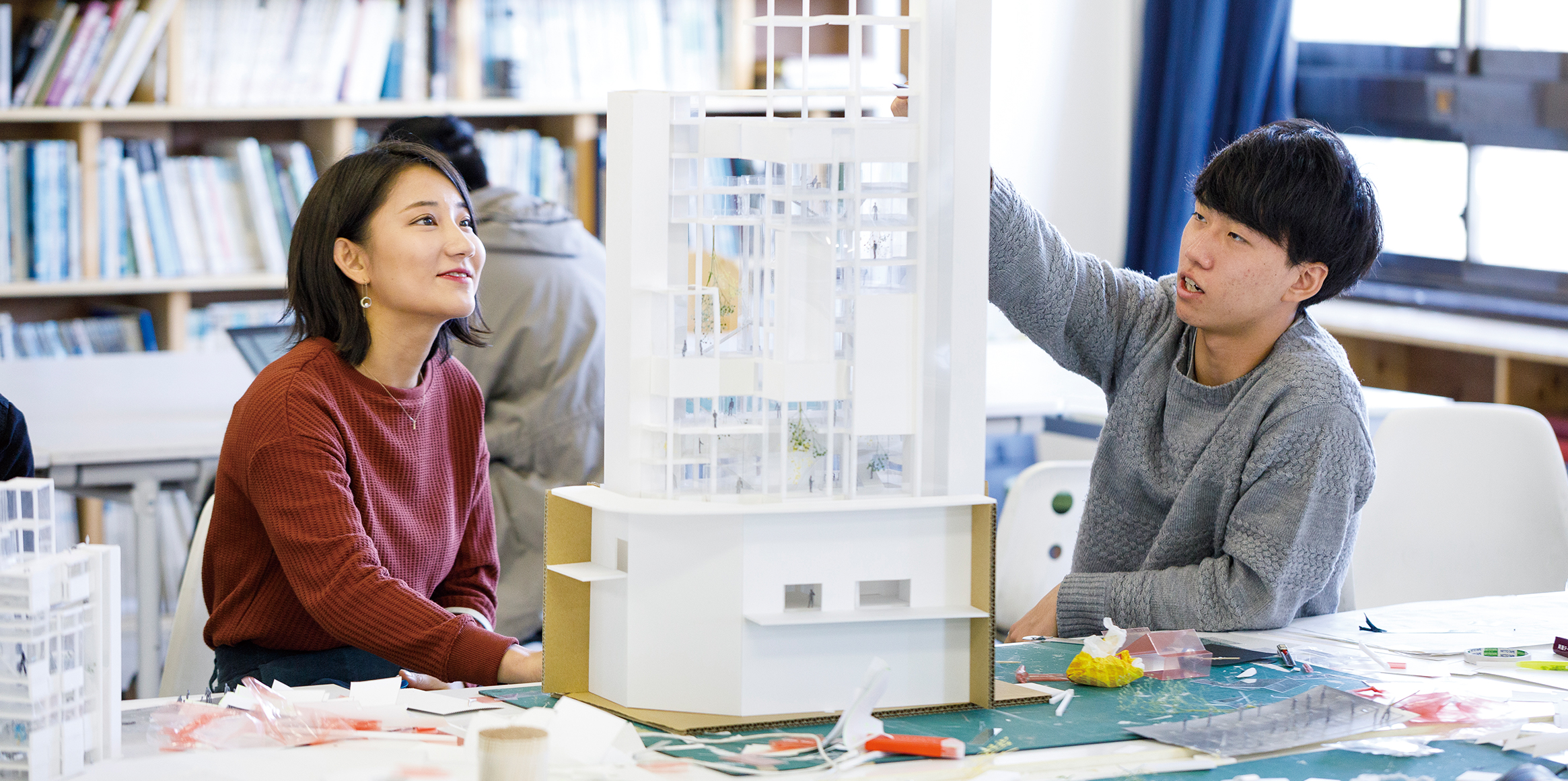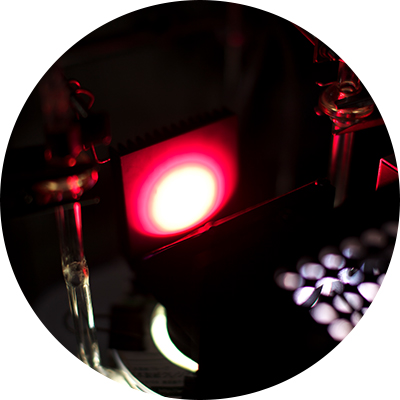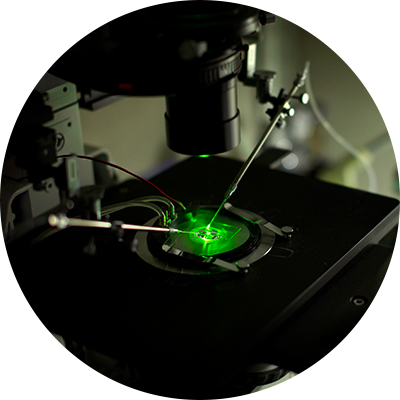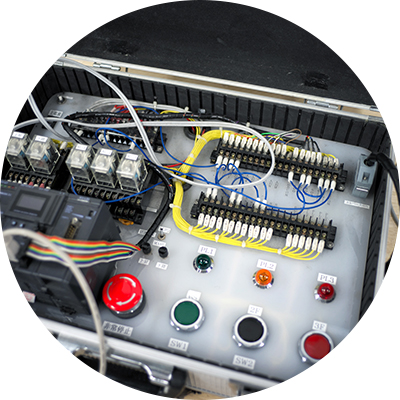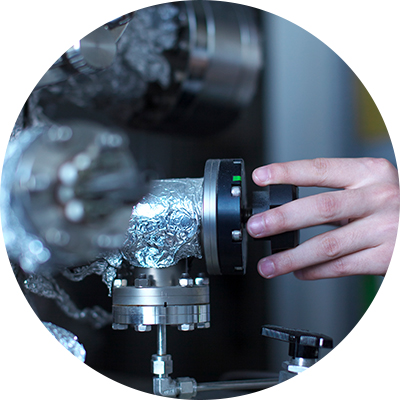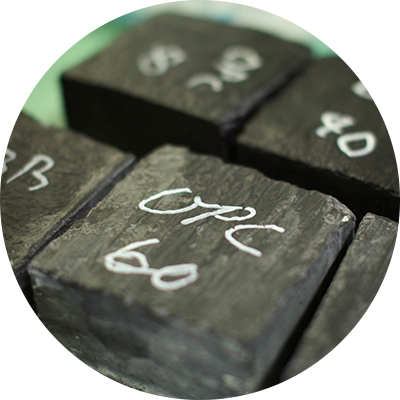Facts & Figures
- Departments
- 11
- Graduate Students
- 1,238
The Graduate School of Science and Technology is comprised of 11 departments: four in the physical sciences (Mathematics, Physics, Information Sciences, Applied Biological Science) and seven in engineering (Architecture, Pure and Applied Chemistry, Electrical Engineering, Industrial Administration, Mechanical Engineering, Civil Engineering and Global Fire Science and Technology). These departments cooperate to bring science and engineering-related disciplines together in a synergistic fashion that results in more robust research and education. In particular, the Graduate School of Science and Technology seeks to cultivate autonomous and self-motivated learners, and every year close to 30 doctoral and 500 master's degree graduates take this mindset with them out into the world. With an enhanced library and computer network offering an array of learning resources, as well as a sprawling campus full of state-of-the-art research facilities and equipment, the educational and research environment available to students in the Graduate School of Science and Technology is among the best in Japan. Also, with the establishment of the Cooperative Graduate School System, which creates a formalized structure for educational and research cooperation with 11 public and private research institutes, the Graduate School of Science and Technology actively engages in inviting visiting lecturers from, and conduct joint research with, institutions both in Japan and overseas.
Starting in the 2017 academic year, the Graduate School of Science and Technology introduced a cross-disciplinary course which pursues education and research across different departments. In addition to pursuing collaborative research among faculty and students from different departments in order to achieve innovation and produce high value-added results, the aim of this cross-disciplinary course is to offer students specialized courses from other majors, as well as guidance from a variety of faculty, in order to cultivate researchers and engineers who possess a broad range of knowledge and experience. Also, the Department of Applied Biological Science and the Department of Pure and Applied Chemistry introduced a six-year integrated education course in the 2017 academic year which pursues education and research according to an integrated curriculum linking the fourth year of undergraduate school with a two-year master's course.
Objectives
1. The objective of the master's course is to enable students to acquire deep knowledge from a wide perspective based on the foundation of general and specialized education learned in their undergraduate studies, and to cultivate unsurpassed expertise in fields relating to those professions requiring such capabilities, as well as research capacities for theories and application in science and engineering.
2. The objective of the doctoral course is to contribute to the development of culture and creation of academics by adding new knowledge to existing academic standards through original research in science and engineering and to cultivate the advanced skills necessary for carrying out independent research activities in specialized fields.
